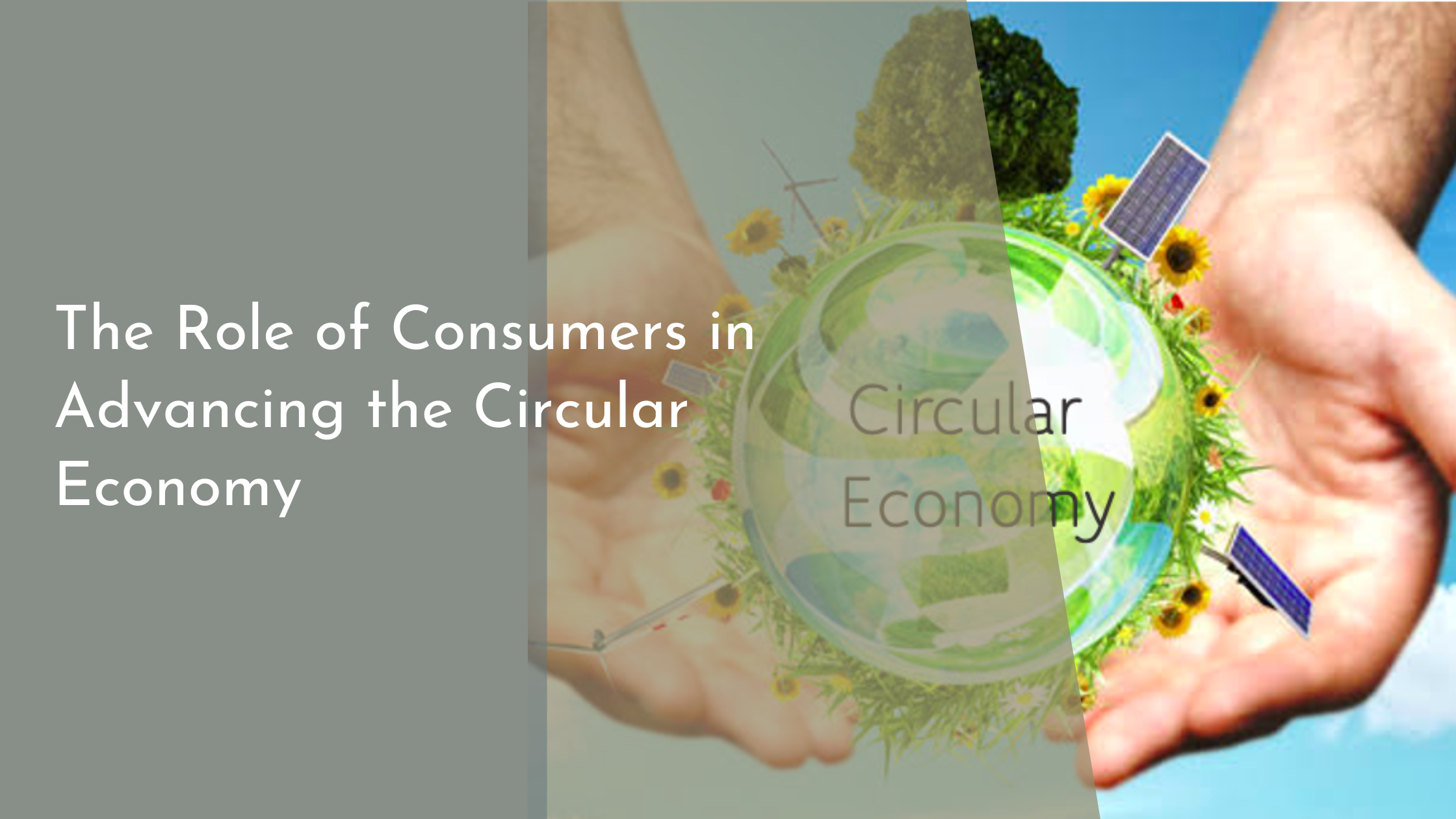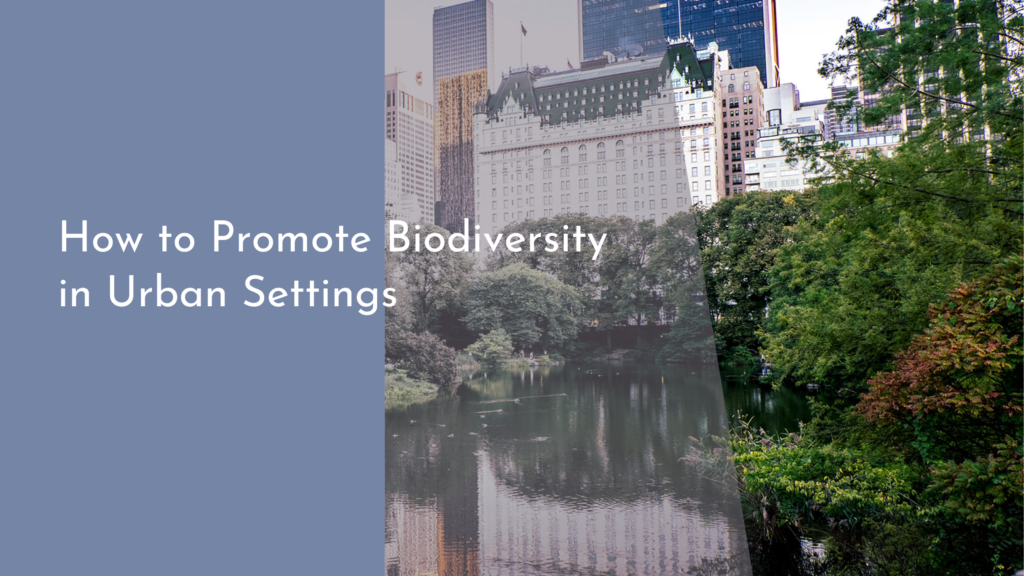The Role of Consumers in Advancing the Circular Economy
The circular economy is more than just a buzzword; it is a revolutionary approach to sustainability that shifts away from the traditional linear model of “take, make, waste.” At the heart of this paradigm shift are consumers, who play an integral role in embracing and driving forward the principles of a circular economy. From altering purchasing habits to engaging in sustainable practices, consumers are increasingly becoming pivotal agents of change. This article explores the concept of the circular economy, the key behaviors consumers are adopting to drive this change, innovative ways they can get involved, and how consumer influence will shape the future of sustainability.
Understanding the Circular Economy Concept
The circular economy is a systemic approach to economic development that is designed to benefit businesses, society, and the environment. Unlike the linear economy, which operates on a ‘take-make-dispose’ model, the circular economy aims to close the loop by keeping products, materials, and resources in use for as long as possible. This system encourages the reuse, repair, refurbishment, and recycling of products and materials, minimizing waste and reducing the environmental impact.
At its core, the circular economy redefines growth by focusing on positive society-wide benefits. It involves a transition to renewable energy sources and builds economic, natural, and social capital. Consumers play a crucial role in this process by choosing products that are designed for longevity and sustainability, thus encouraging companies to adopt more circular practices. By understanding and advocating for circular principles, consumers can help drive the demand for sustainable solutions and innovations.
Key Consumer Behaviors Driving Change
One of the primary behaviors driving change in the circular economy is the shift in consumer preference towards sustainable products and brands. Today’s conscientious consumers are more informed and aware of the environmental impact of their purchasing decisions. They actively seek products that are ethically sourced, have longer lifespans, and can be easily recycled or reused.
Another significant behavior is the growing trend of sharing and renting instead of owning. With the proliferation of platforms that facilitate peer-to-peer sharing and rental services, consumers are increasingly embracing access over ownership. This behavior significantly reduces the demand for new products while extending the lifecycle of existing ones, thereby directly supporting the principles of the circular economy.
Innovative Ways Consumers Can Get Involved
Consumers can get involved in the circular economy through innovative practices like upcycling and repurposing products. Upcycling involves transforming waste materials or unwanted products into new materials or products of better quality or environmental value. This creative approach not only reduces waste but also provides consumers with unique and personalized items, fostering a deeper connection with the products they use.
Another innovative way for consumers to participate is through product-as-a-service models. Instead of buying products outright, consumers can subscribe to services that offer products for temporary use, such as clothing rental services or tech gadget leasing. This model not only provides the latest products without the burden of ownership but also ensures that items are returned and reused by others, thus keeping them in circulation.
The Future of Consumer Influence on Sustainability
As the circular economy continues to gain traction, the influence of consumers on sustainability is expected to grow exponentially. With increasing access to information and awareness of global environmental challenges, consumers are likely to demand even more transparency and accountability from businesses. This consumer-driven demand will pressure companies to innovate and adopt more sustainable practices to remain competitive in the market.
Moreover, consumers will play a crucial role in shaping policy and regulations by voicing their preferences and supporting initiatives that promote circular economy principles. As governments and businesses recognize the power of consumer influence, they are more likely to collaborate and create policies that facilitate circular economy transitions, ensuring a sustainable future that benefits all stakeholders.
The role of consumers in advancing the circular economy is undeniably significant. By adopting sustainable behaviors, participating in innovative practices, and influencing market trends, consumers are at the forefront of this transformative movement. As we look to the future, the collective actions of informed and engaged consumers will be instrumental in driving the circular economy forward, turning it from a niche concept into a mainstream reality. Together, we can create a sustainable world where resources are cherished, waste is minimized, and the environment thrives for generations to come.


